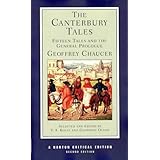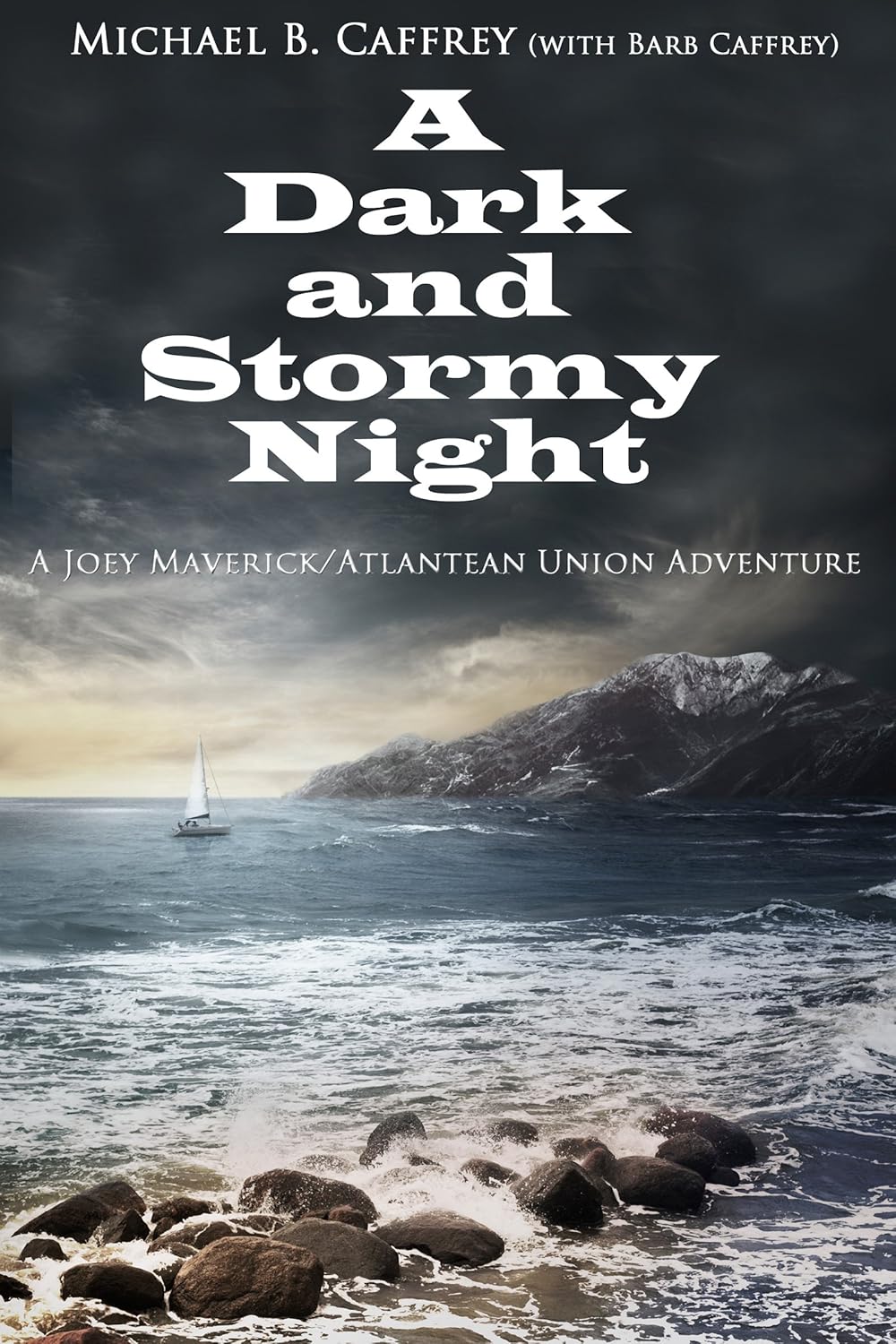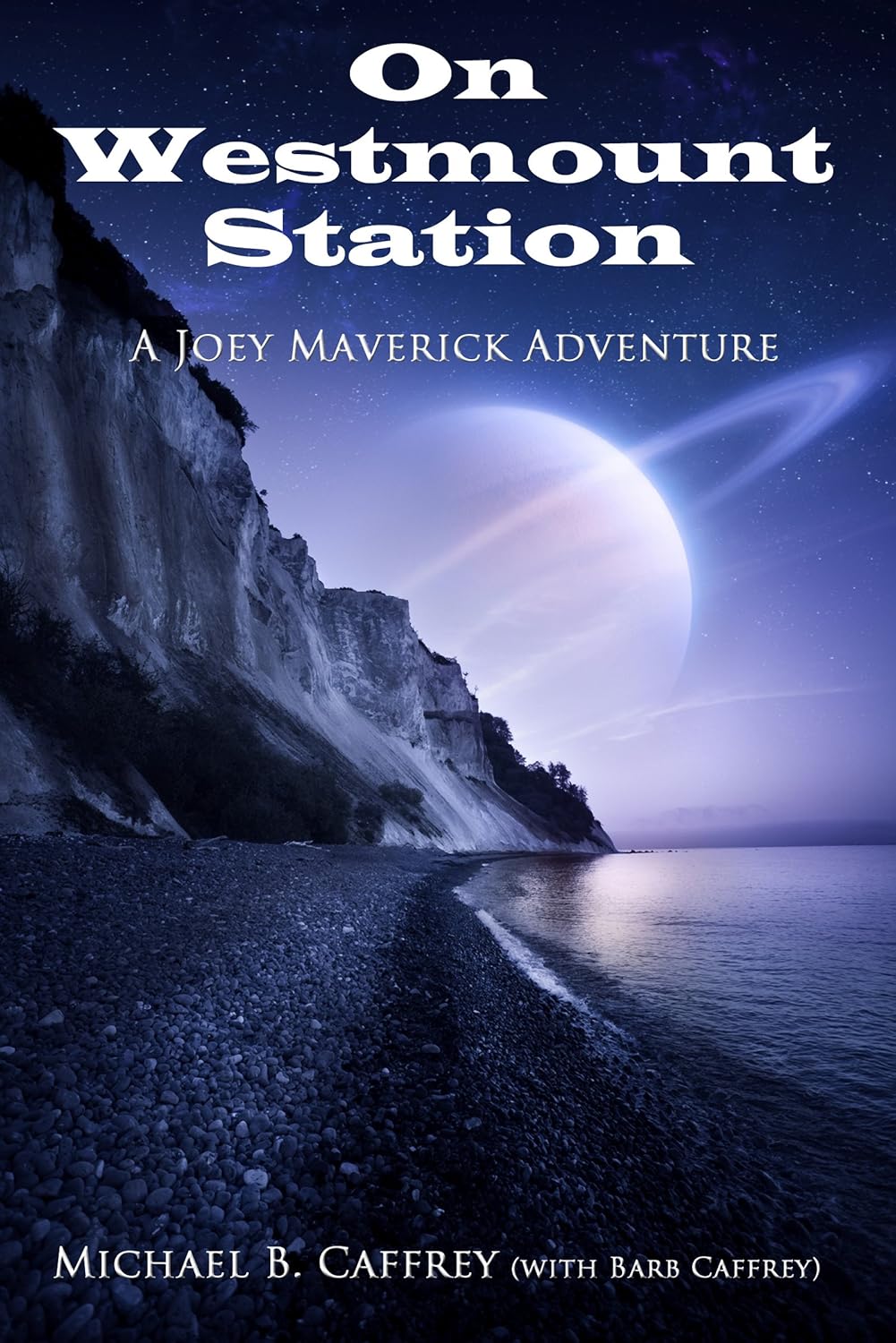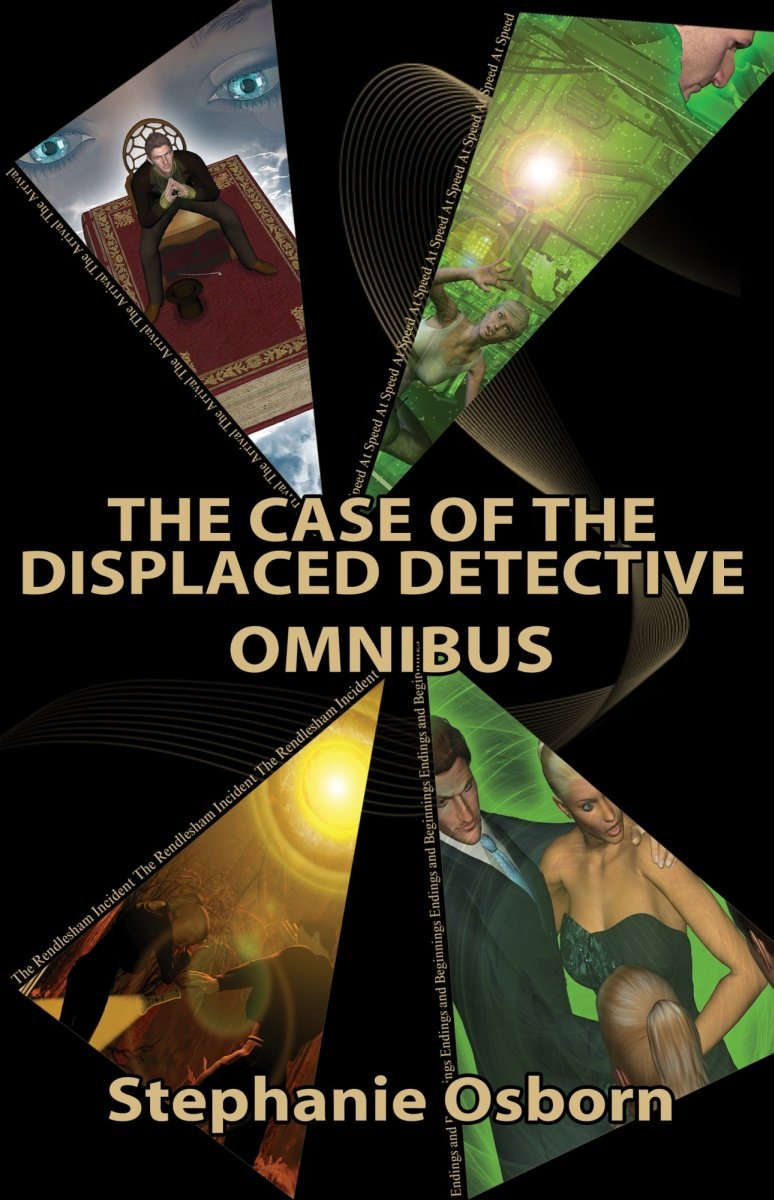http://www.stephanie-osborn.com
Today's take on romance as a part of modern stories is rather unique, since Barb Caffrey (a new Twilight Times author, and now something of a protege of mine, as well as an excellent editor in her own right) looks at the history of romance itself, and how that factors into storytelling over the centuries. Her first book, An Elfy On The Loose, by TTB, will be out soon! (Rumor has it the release will be in June -- which seems appropriate!)
~~~
Barb:
When Stephanie Osborn asked me and a number of other writers to talk about romance as an element of storytelling, I wasn't sure what to say. Sure, there's the obvious – romance has been around forever in one fashion or another, and many novelists and playwrights have written about it. Geoffrey Chaucer had an ironic and bawdy take on it with his stories of the Wife of Bath (who was married many times more than once and proud of it, too), while Shakespeare had so many different takes on romance – failed and, every so often, one that actually works – it's hard to keep track of them all.

Courtly love, though, used to take different formats than it does now. In the 13th and 14th Centuries, women were to be adored from afar and put up on pedestals. Troubadours and Trouvéres sang to court ladies, and some lost their hearts to them, no doubt...but most did absolutely nothing about it for a wide variety of reasons.
Actual marriages were usually made for business considerations – say, if two people from adjoining farming families married, land would be settled upon them from the existing family farms. Or if a prosperous merchant family trained an apprentice from a different family and that apprentice wanted to take over the family business, usually he'd have to marry in.
So how did romance as a thing actually come to be? Well, feelings and hormones aside, the lot of women from early on was probably none too good in most societies. Being bartered in marriage was by far the least of these ancient women's worries. But as our world matured and societies became more stable, there was more leisure time available – especially in the upper classes – and people started to think.

Why couldn't marriages be made where both people respected and liked each other? Why, if everything else was equal, couldn't a suitor actually romantically care about his proposed wife? Wouldn't that be beneficial to all concerned?
Slowly, societal mores changed, and as they did, storytelling changed with it. This is when we started to see tales like Chaucer's, where the older Wife of Bath tells younger, prospective brides and grooms that love is not all it's cracked up to be – but sex has its charms all the same.
So there was a two-stranded theme to romance as of that moment: Love, and sex. If you can get both at the same time, more power to you; but if you can't, sex by itself along with respect and a bit of liking beats whatever's in second place.
We see that now in contemporary romances of all descriptions, but most particularly in erotic romance. There, the sexual act is much more of a player, and the romance behind it usually doesn't signify too much (though in the best erotic romances, both are intertwined).
 In other romances,
love is usually shown to be a melding of sexual attraction (hormonal), liking
and mutual respect. The latter two take time to engender, but once you have
them, they build and build and build...
In other romances,
love is usually shown to be a melding of sexual attraction (hormonal), liking
and mutual respect. The latter two take time to engender, but once you have
them, they build and build and build... In my own work,
which is relentlessly cross-genre but I suppose you could call "humorous
romantic urban fantasy," that's the tactic I use. My hero and heroine in AN ELFY ON THE LOOSE, Bruno and Sarah,
get to know each other during an extremely stressful period in both their
lives. The more they know about each other, the more they like each other...and
as both are at the right age for a romance, it's not surprising they have one.
It's my own conceit that a young man of whatever species (Bruno is an Elfy, a
type of shorter Elf) would worry far, far more than he is usually given credit
for when it comes to romance, in order for people to laugh a bit while
remembering their first attempts at dating and romance.
In my own work,
which is relentlessly cross-genre but I suppose you could call "humorous
romantic urban fantasy," that's the tactic I use. My hero and heroine in AN ELFY ON THE LOOSE, Bruno and Sarah,
get to know each other during an extremely stressful period in both their
lives. The more they know about each other, the more they like each other...and
as both are at the right age for a romance, it's not surprising they have one.
It's my own conceit that a young man of whatever species (Bruno is an Elfy, a
type of shorter Elf) would worry far, far more than he is usually given credit
for when it comes to romance, in order for people to laugh a bit while
remembering their first attempts at dating and romance. Personally,
whenever I try to write a story without some element of romance in it, I find
it much harder. Romance is part of the human condition, and whether you're in
the far future (as is my late husband Michael's character Joey Maverick, hero
of "A Dark and Stormy Night" and "On Westmount Station"),
the not-so-distant past (as with Katharine Eliska Kimbriel's Night Calls series, set in early 19th
Century Michigan), or the present-day (as with Stephanie Osborn's own Displaced Detective series or my own AN ELFY ON THE LOOSE), romance is
possible because the human condition doesn't change all that much over time.
Personally,
whenever I try to write a story without some element of romance in it, I find
it much harder. Romance is part of the human condition, and whether you're in
the far future (as is my late husband Michael's character Joey Maverick, hero
of "A Dark and Stormy Night" and "On Westmount Station"),
the not-so-distant past (as with Katharine Eliska Kimbriel's Night Calls series, set in early 19th
Century Michigan), or the present-day (as with Stephanie Osborn's own Displaced Detective series or my own AN ELFY ON THE LOOSE), romance is
possible because the human condition doesn't change all that much over time. Even in stories
where romance isn't part of the main
theme, such as Rosemary Edghill's Bast novels about a Wiccan detective in
modern-day New York (collected in
Even in stories
where romance isn't part of the main
theme, such as Rosemary Edghill's Bast novels about a Wiccan detective in
modern-day New York (collected in Don't think that because your story doesn't contain a well-developed romantic strain that romance doesn't matter to you as a storyteller. Sometimes the absence of romance tells you more than its presence.
To sum up, the way we express things now has changed from Chaucer's or Shakespeare's time. Women have far more of a say in our governments, we have more say as to who we marry and when (at least in the West), we can and do own businesses and we often direct our own affairs. But our need for connection, for closeness, and for understanding has not changed.
Whether you're talking about a romance between a traditional male-female couple, a same-sex romance or a romance between two aliens we can barely comprehend, romance still matters and must be taken into account regardless of genre.
So long live romance! And may we continue to see it in all its various forms as long as stories are told.
~~~
Excellently said! And a nice historical brief on romance through the ages, both in story and in real life. I look forward to posting a blog about Barb's new book, An Elfy On The Loose, when it's released!
-Stephanie Osborn
http://www.stephanie-osborn.com

